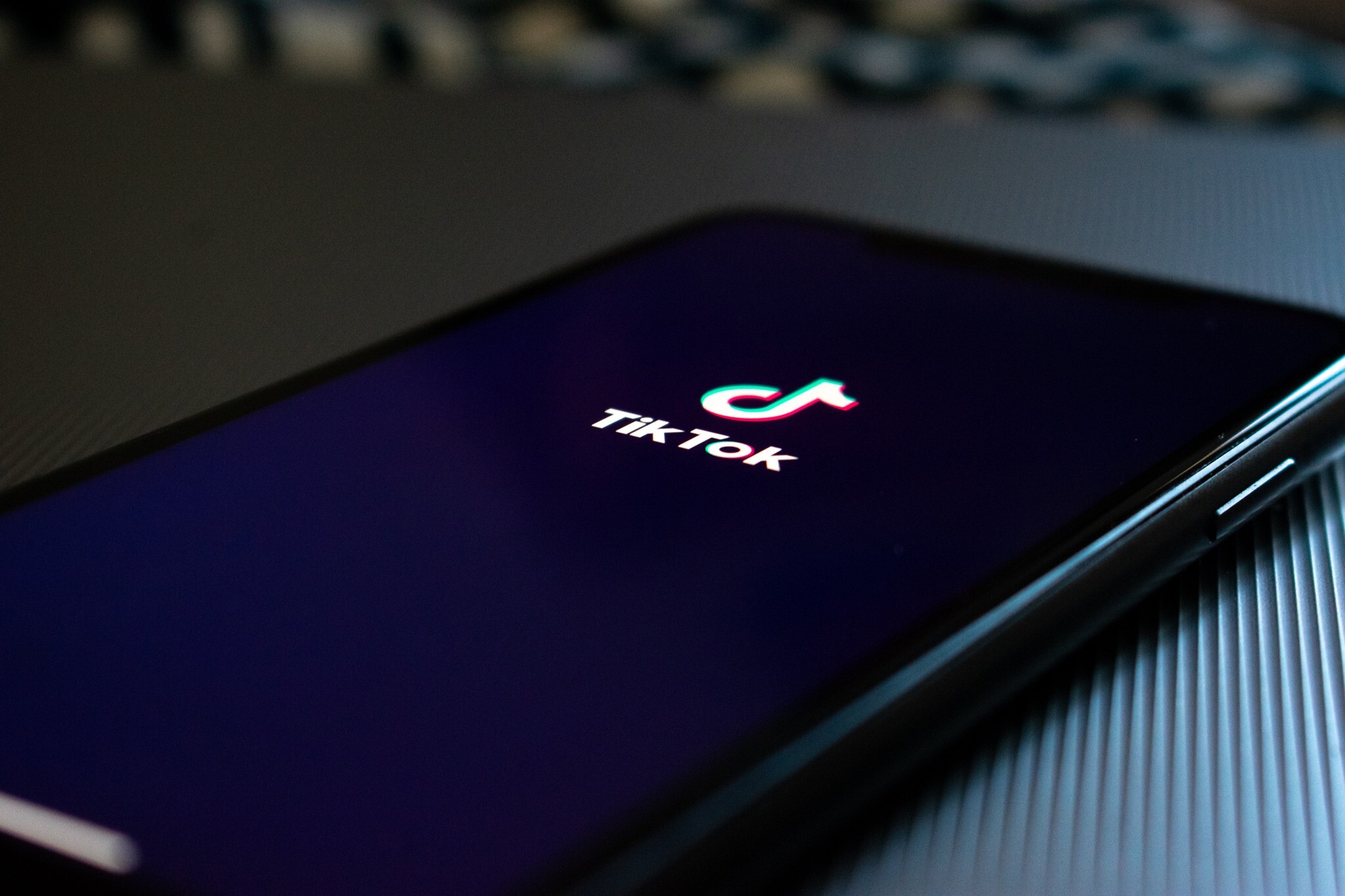Young people exposed to ‘widespread’ antisemitism on social media, report says
Jew-hate is 'rife' online according to Hope Not Hate, which said conspiracy theories hit a major spike during the pandemic
Antisemitism is “rife” across social media, with young people being introduced to hateful content via platforms such as TikTok and Instagram, new research says.
A report by campaign group Hope Not Hate found that antisemitism is commonly and widely spread through conspiracy theories online, with a major spike during the pandemic.
It found that Google searches for an antisemitic conspiracy theory which claims a secret global elite is controlling world events reached their highest level for 15 years in March 2020, while a forum on message board site Reddit dedicated to conspiracies, many containing antisemitic tropes, grew by 500,000 users between February and November 2020.
The research, entitled Antisemitism in the Digital Age: Online Antisemitic Hate, Holocaust Denial, Conspiracy Ideologies and Terrorism in Europe, found that the most extreme and violent antisemitic content was found on more niche platforms such as Telegram, Parler and 4chan.
However, it warned that potentially millions of young people are being introduced to conspiracy theories and antisemitism via Instagram and TikTok, where Hope Hot Hate said the theories were also prevalent.
The research was carried out in collaboration with Germany-based anti-hate group the Amadeu Antonio Foundation and Swedish anti-hate group the Expo Foundation.
According to the report, there are “millions” of results for hashtags relating to antisemitic conspiracy theories on Instagram, while on TikTok a collection of just three hashtags linked to antisemitism were viewed more than 25 million times in six months.
The research noted that almost 70% of global Instagram users are aged 13 to 34, while 69% of TikTok users are aged between 16 and 24.

“It’s simply astounding that despite 10 years of attempts to eradicate hate speech, we were able to find antisemitism on every social media platform we investigated,” Hope Not Hate head of research Joe Mulhall said.
“While social media companies have been struggling to get their act together, a new generation of social media users have been introduced to antisemitic ideas they would be unlikely to encounter elsewhere.
“The reality is that a lack of action from technology platforms has not only introduced people to hate speech but has now created online spaces where antisemitism is allowed to flourish with tragic and long-lasting effects, leaving Jewish communities exposed to the risk of terrorism.
“Enough is enough. It’s now time that we see a strong commitment to banning and moderating any and all forms of antisemitism and hate speech across the tech sector.”
In response, a Facebook company spokesperson said: “Antisemitism is completely unacceptable and we don’t allow it anywhere on Instagram.

“We’ve always removed attacks against people based on their religion, and last year we made important updates to our policies, to remove any content that denies or distorts the Holocaust, as well as more implicit hate speech, such as harmful stereotypes that Jewish people control the world.
“We’ll continue to work with partners like Hope Not Hate, while developing new ways to remove hateful content and block harmful hashtags more quickly.”
A spokeswoman for TikTok said: “TikTok condemns antisemitism, and we work aggressively to combat hate by proactively removing accounts and content that violate our policies and redirecting searches for hateful ideologies to our community guidelines.

Thank you for helping to make Jewish News the leading source of news and opinion for the UK Jewish community. Today we're asking for your invaluable help to continue putting our community first in everything we do.
For as little as £5 a month you can help sustain the vital work we do in celebrating and standing up for Jewish life in Britain.
Jewish News holds our community together and keeps us connected. Like a synagogue, it’s where people turn to feel part of something bigger. It also proudly shows the rest of Britain the vibrancy and rich culture of modern Jewish life.
You can make a quick and easy one-off or monthly contribution of £5, £10, £20 or any other sum you’re comfortable with.
100% of your donation will help us continue celebrating our community, in all its dynamic diversity...
Engaging
Being a community platform means so much more than producing a newspaper and website. One of our proudest roles is media partnering with our invaluable charities to amplify the outstanding work they do to help us all.
Celebrating
There’s no shortage of oys in the world but Jewish News takes every opportunity to celebrate the joys too, through projects like Night of Heroes, 40 Under 40 and other compelling countdowns that make the community kvell with pride.
Pioneering
In the first collaboration between media outlets from different faiths, Jewish News worked with British Muslim TV and Church Times to produce a list of young activists leading the way on interfaith understanding.
Campaigning
Royal Mail issued a stamp honouring Holocaust hero Sir Nicholas Winton after a Jewish News campaign attracted more than 100,000 backers. Jewish Newsalso produces special editions of the paper highlighting pressing issues including mental health and Holocaust remembrance.
Easy access
In an age when news is readily accessible, Jewish News provides high-quality content free online and offline, removing any financial barriers to connecting people.
Voice of our community to wider society
The Jewish News team regularly appears on TV, radio and on the pages of the national press to comment on stories about the Jewish community. Easy access to the paper on the streets of London also means Jewish News provides an invaluable window into the community for the country at large.
We hope you agree all this is worth preserving.






















